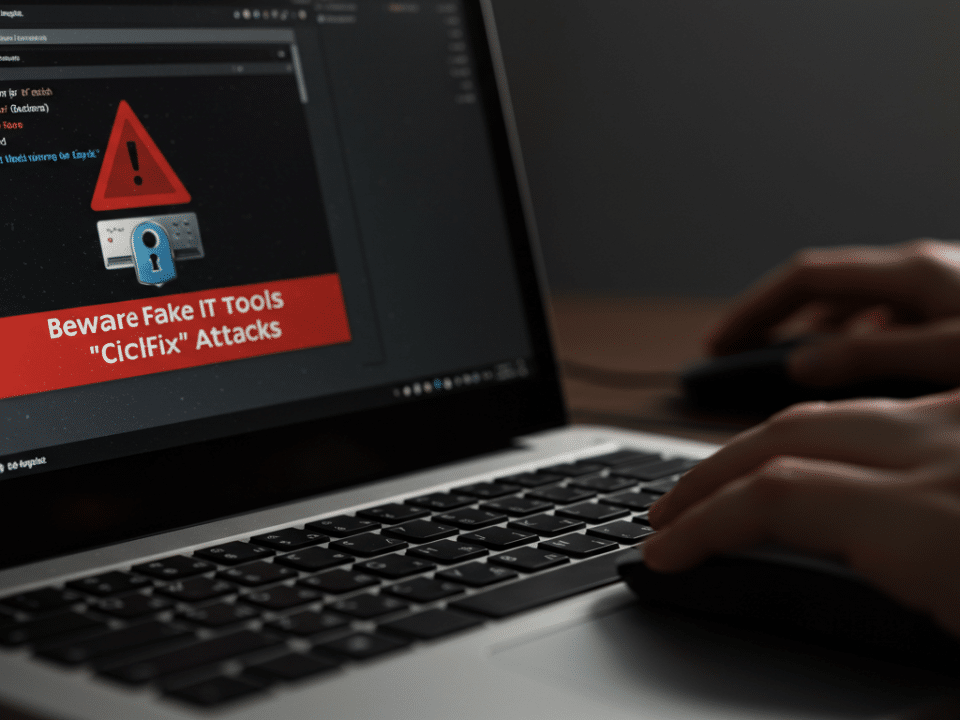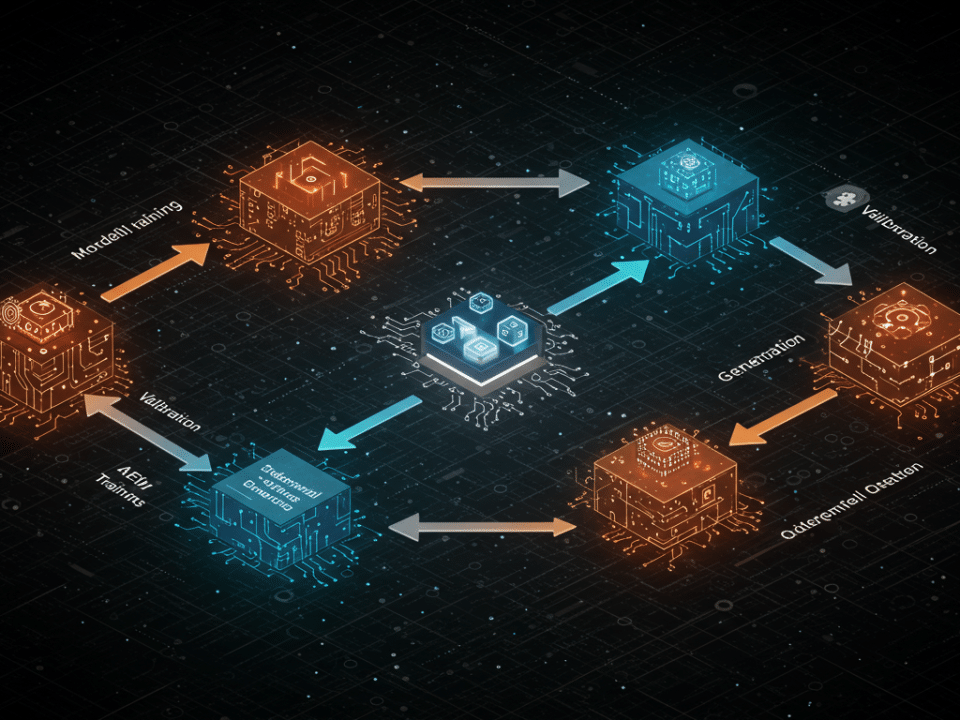
Protecting Your Digital Identity: Safeguarding Your Mac from ClearFake and Atomic Stealer
November 23, 2023
The 7 Deadly Sins of Security Awareness Training Unveiling the Pitfalls and Embracing Effective Strategies
November 26, 2023Shielding Your Financial Fortress: Protecting Your Bank Account Passwords from AI-Powered Threats
In the ever-evolving realm of cybersecurity, hackers are constantly devising cunning tactics to exploit vulnerabilities and infiltrate our digital lives. While traditional hacking methods, such as phishing and brute-force attacks, remain prevalent, a new breed of threat is emerging, powered by artificial intelligence (AI). AI-powered hacking tools are becoming increasingly sophisticated, posing a significant threat to our online security, particularly our bank account passwords.
AI’s Role in Hacking:
AI is revolutionizing various industries, and unfortunately, the realm of hacking is no exception. Hackers are leveraging AI’s capabilities to automate complex tasks, analyze vast amounts of data, and develop sophisticated algorithms that can predict human behavior. This combination of automation, data analysis, and behavioral prediction makes AI a formidable tool for hackers seeking to steal sensitive information, such as bank account passwords.
AI-Powered Hacking Techniques:
Hackers are employing AI in various ways to compromise bank accounts. Some common techniques include:
- Phishing Attacks: AI can generate highly personalized phishing emails that are almost indistinguishable from legitimate messages from banks. These emails may contain links that, when clicked, direct users to fake websites designed to steal their login credentials.
- Social Engineering: AI can analyze social media profiles and other online data to gather personal information about individuals. This information can then be used to craft social engineering attacks that target victims with tailored messages designed to manipulate them into revealing sensitive information.
- Malware: AI can be used to develop malware that is designed to evade detection by antivirus software. This malware can then be used to steal sensitive information, including bank account passwords, from infected devices.
- Password Cracking: AI can be used to develop algorithms that can crack weak passwords. These algorithms can also be used to generate long lists of potential passwords, which can then be used in brute-force attacks.
Protecting Your Bank Account Passwords from AI-Powered Threats:
While AI-powered threats pose a significant challenge, there are several steps you can take to protect your bank account passwords:
- Create Strong and Unique Passwords: Use a combination of upper and lowercase letters, numbers, and symbols when creating passwords. Avoid using easily guessable information, such as your name or birthday.
- Enable Two-Factor Authentication: Two-factor authentication (2FA) adds an extra layer of security to your account by requiring a secondary verification method, such as a code sent to your phone, in addition to your password.
- Be Cautious of Phishing Emails and Messages: Never click on links or attachments in emails or messages from unknown senders. If you receive a message from your bank that seems suspicious, contact your bank directly to verify its authenticity.
- Keep Your Software Up to Date: Regularly update your operating system, web browser, and security software to ensure they have the latest security patches.
- Avoid Public Wi-Fi for Sensitive Activities: Avoid accessing your bank account or other sensitive information on public Wi-Fi networks, as these networks are more vulnerable to interception.
- Be Vigilant and Follow Best Practices: Stay informed about the latest hacking trends and be vigilant about protecting your online security. Follow best practices for password management and online safety.
AI-powered hacking techniques are becoming increasingly sophisticated, posing a significant threat to our online security. However, by taking proactive measures to protect your bank account passwords and following best practices for online safety, you can significantly reduce your risk of falling victim to these threats. Remember, vigilance and proactive security measures are your best defense against AI-powered hacking attempts.
Additional Tips
- Use a password manager to generate and store strong passwords for all of your online accounts.
- Avoid using the same password for multiple accounts.
- Change your passwords regularly, especially for your most important accounts, such as your bank account.
- Be cautious about sharing personal information online.
- Educate yourself about the latest hacking techniques and stay informed about cybersecurity news.
#AIhacking #bankaccountsecurity #phishingprotection #passwordprotection #cybersecurityawareness




